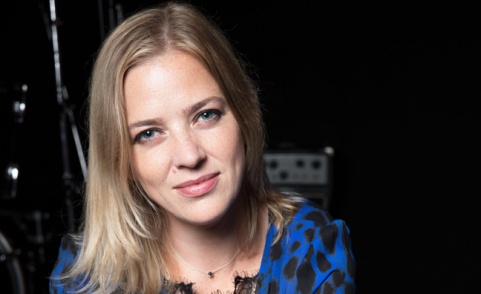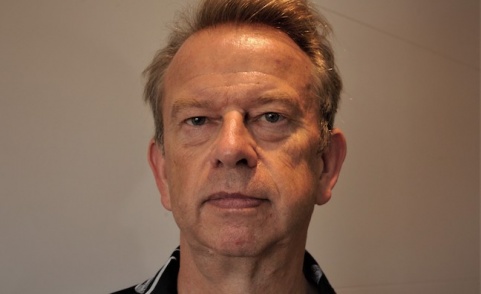opinion
Since launching in 2019, Round’s proprietary technology has delivered more than one billion engagements across TikTok, Meta platforms and YouTube for artists such as Alicia Keys, Beyoncé, Olivia Rodrigo, Stormzy, Calvin Harris and Ed Sheeran. The company also has a ...













